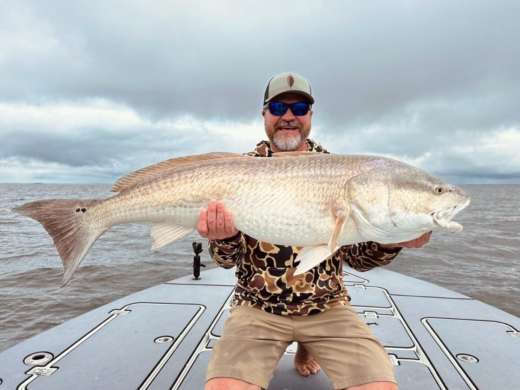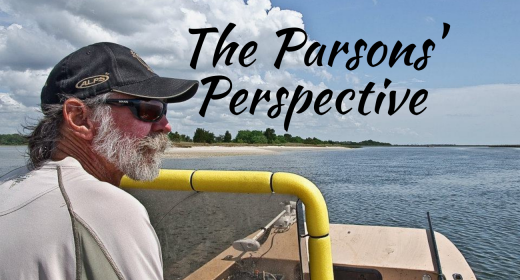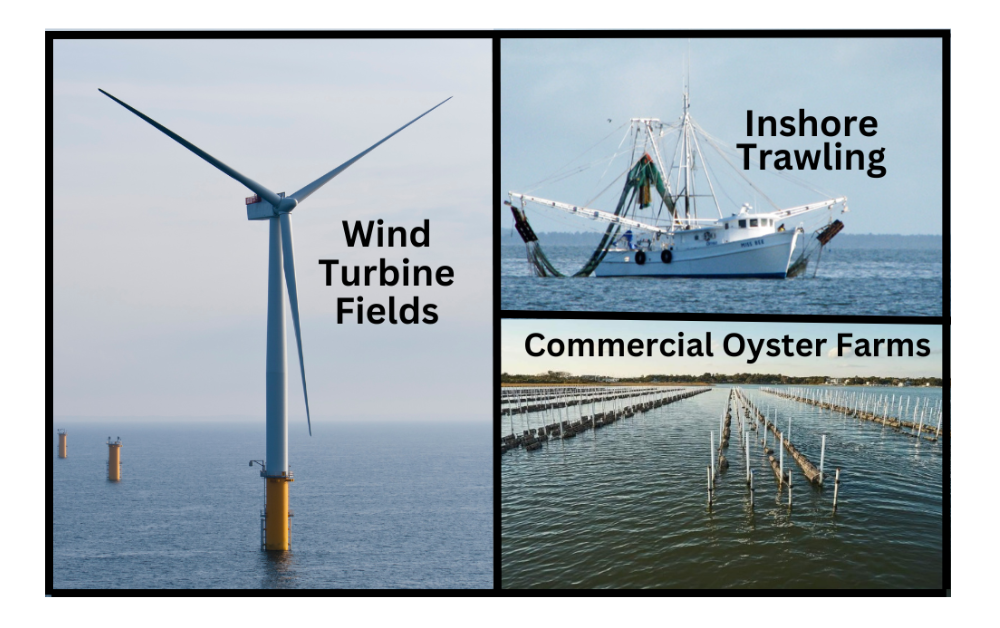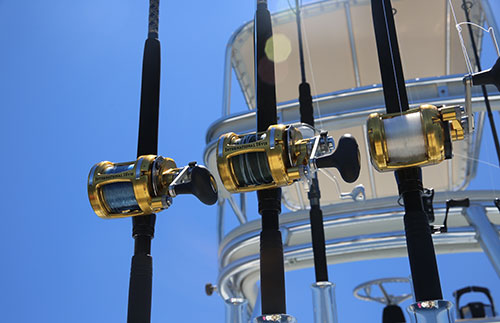Challenges Now And Ahead For Saltwater Fishing
Saltwater anglers stand to lose more and more ground when it comes to fishing access. This is due to the restrictions, or in some cases, the lack of restrictions in other places. This double-edged sword is hurting our recreational fishing, as well as our commercial fishing community.
One segment of these growing issues is the arrival of offshore wind turbine fields. The presence of these fields will greatly reduce the fishing areas of any offshore fishermen. Entry into these massive turbine areas will be forbidden for boating traffic. The offshore locations are preferred to land-based wind farms due to their consistent wind movement. It was also chosen for its reduction of environmental concerns. However, the proponents of the concept fail to consider and mention the pollution of the sea by the eroding metal structures caused by the salty environment, a problem that will impact the struggling fishing industry even more. It also does not consider the financial impact of fewer fishing areas and the industry that utilizes them. It also places a power generation facility in a place that cannot be protected from foreign enemies. Issues the proponents choose to ignore.
Another issue that hurts offshore anglers is the allowed speed of larger commercial and recreational fishing boats. This change will be the reduction to 10 mph for vessels over 65 feet to minimize the striking of the Right Whales. Those near the project have indicated that this restriction may expand to smaller boats in the coming years. While this issue will impact the commercial industry the most, it will also play a negative part in the price of fish in the local markets. A segment of our economy that we have seen constant price increases.
North Carolina continues to struggle with the impact of commercial fishing in the state’s estuaries, which has had a significant impact on the inshore saltwater fishery. As a result, species such as Flounder have seen a significant decline, causing the state to limit recreational Flounder fishing to only two weeks per year for the second year in a row. However, these restrictions have shown little or no improvement in the Flounder population.
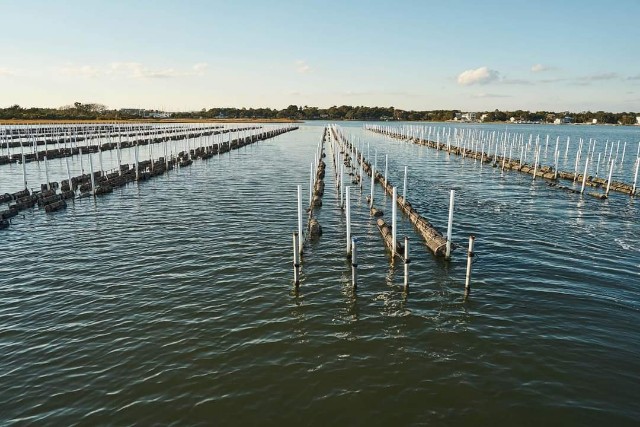
Commercial Oyster Farm
Another problem the North Carolina angler faces is the growth of leased areas for commercial oyster farms. This growth has caused a significant reduction in areas that were once prime fishing for recreational fishermen. This program is expected to continue to expand in the months to come.
These programs serve as a clear indication that the coastal angler has issues to be addressed; to save and protect their saltwater fishing resources.
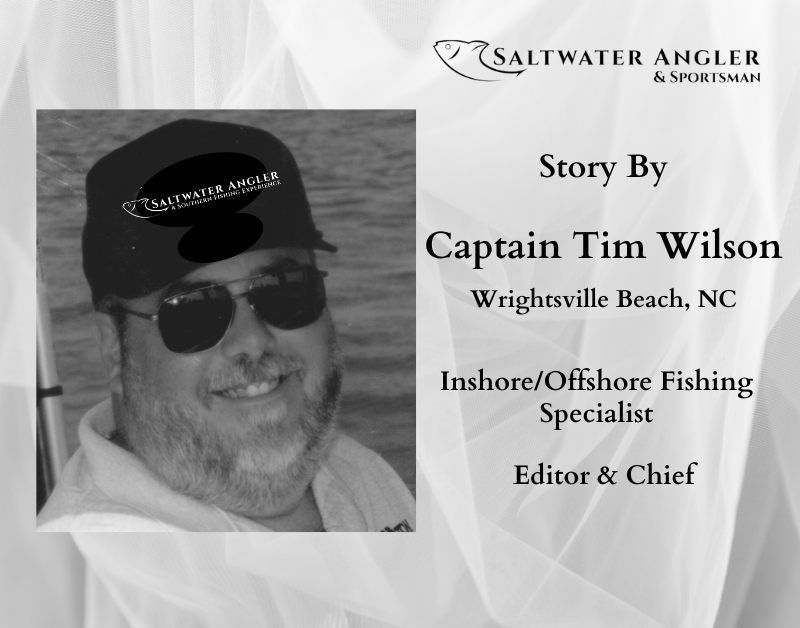
You may be interested
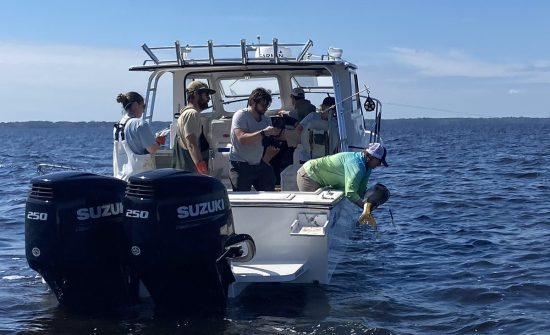
Satellite Tracking Study Aims To Unlock More Red Drum Secrets
Tim Wilson - April 8, 2025A pilot study tracking a popular saltwater fish was not expected to yield as much information as it did in its first year. When the North Carolina…

9 Things Fishing Guides Won’t Tell You
Tim Wilson - April 8, 2025We’re all amazed at how fishing guides nearly always know what to do and where to go to put fish in the boat. Most guides are fishing…
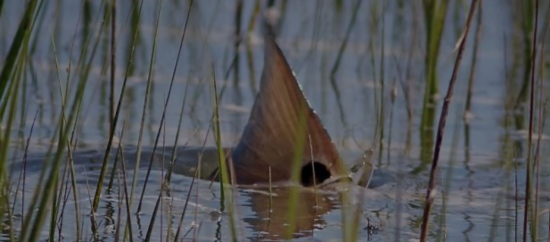
How the Moon Phase Impacts Inshore Fishing
Tim Wilson - April 3, 2025The late spring and early summer months are a time of the year when the inshore goes thru a transition period. It's when the fish come out…
Most from this category
